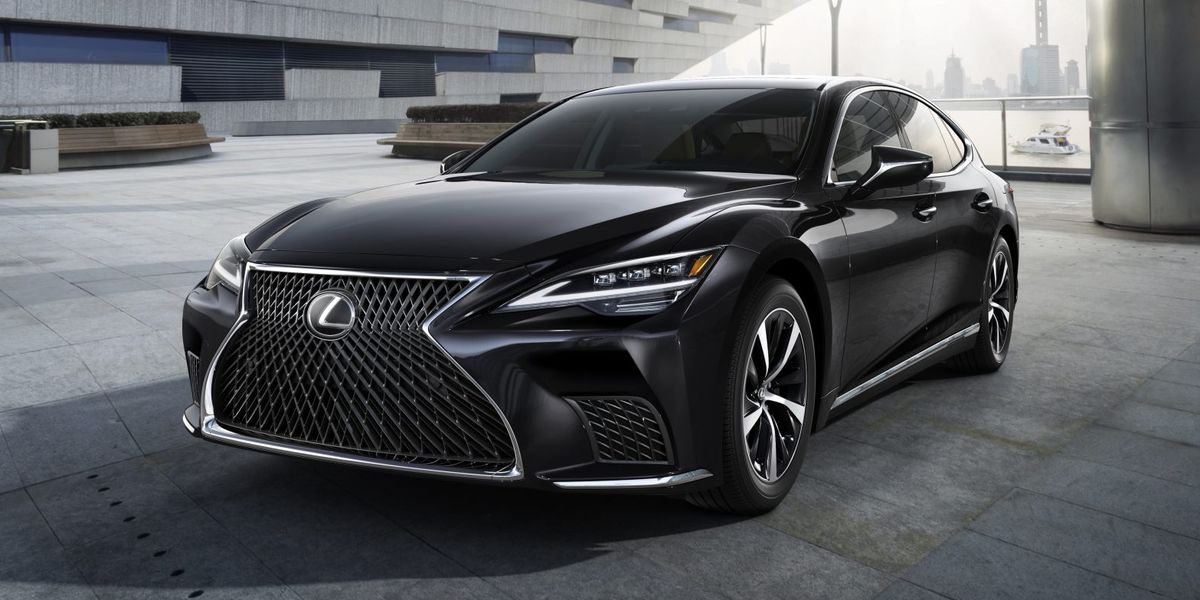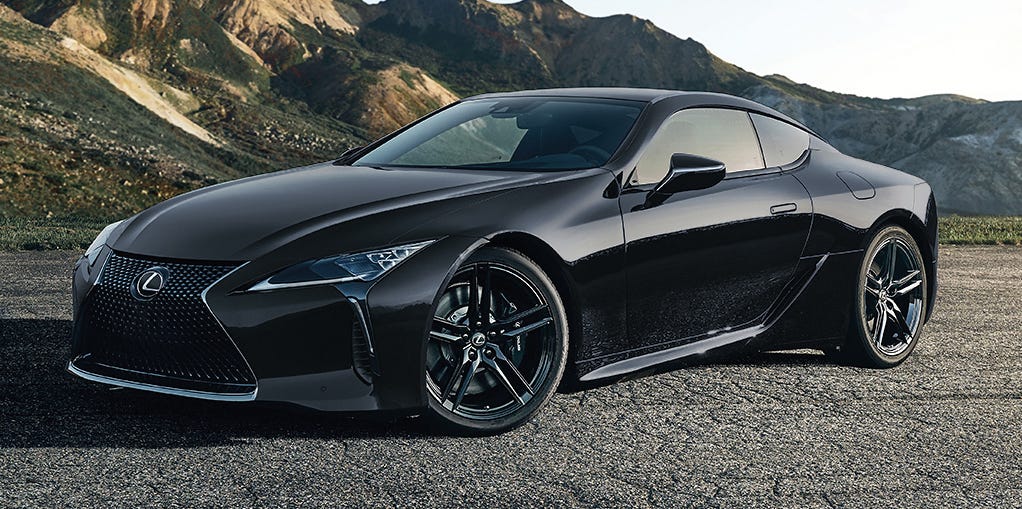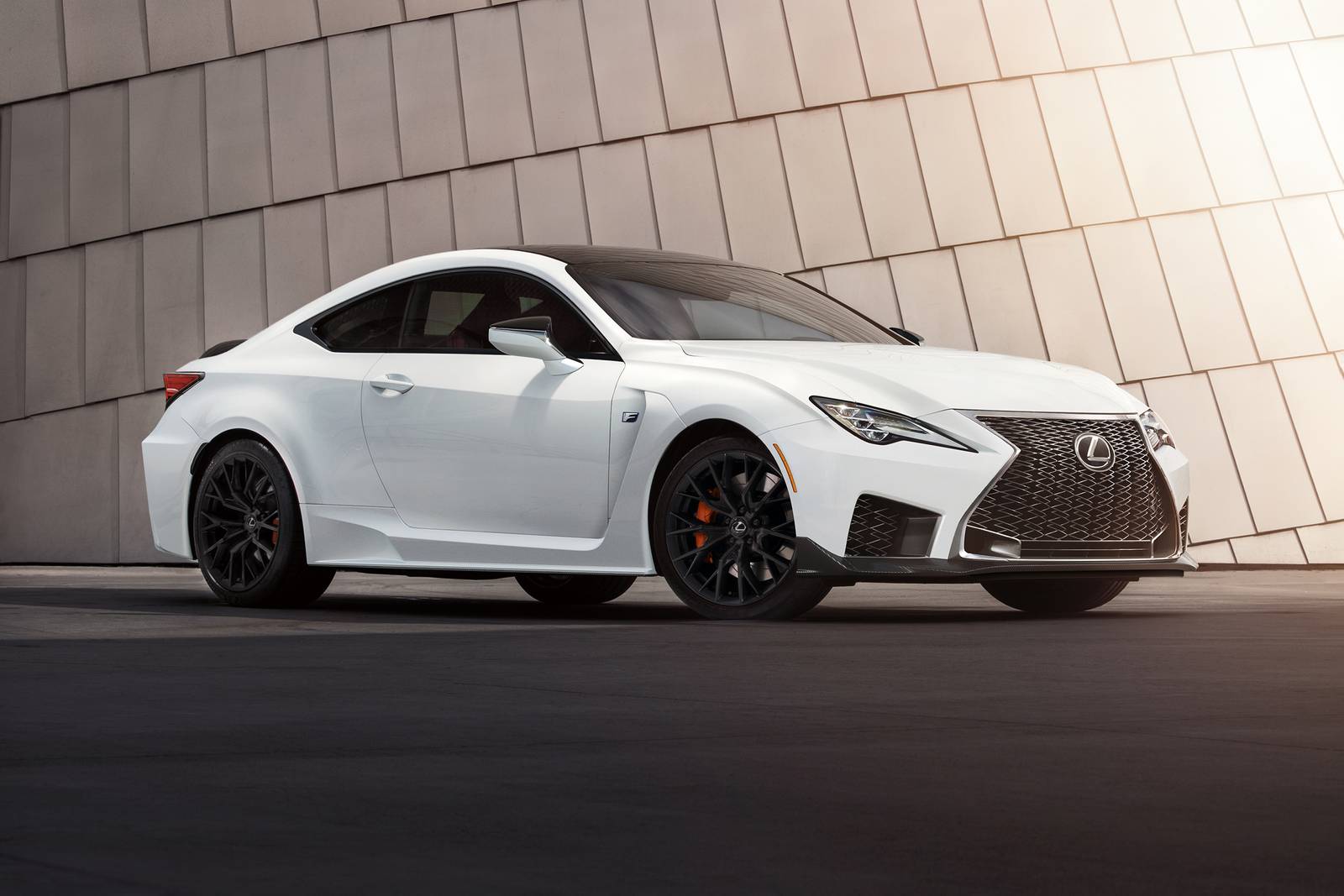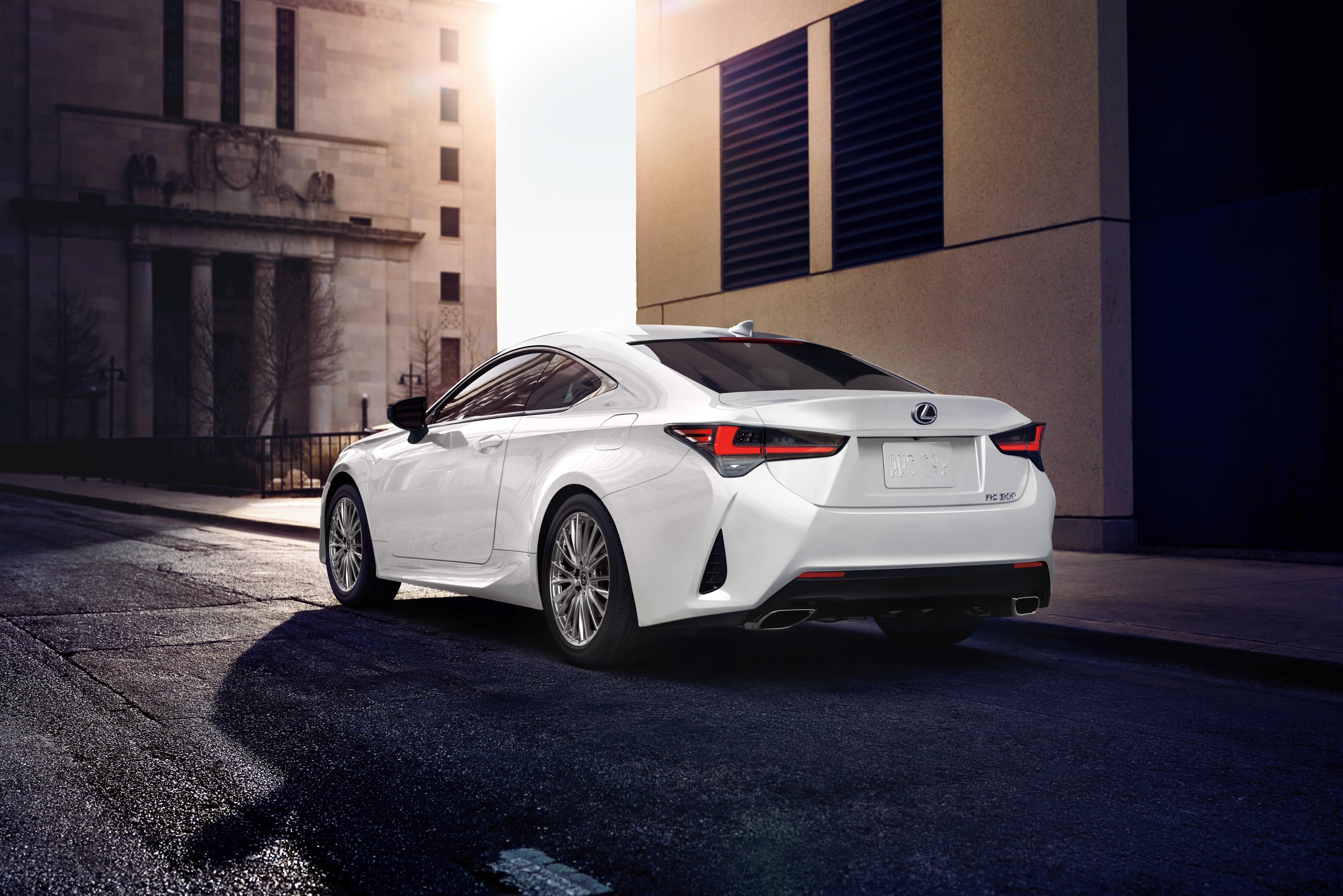The Unlikely Trio: Three Lexus Models Trailing Behind the RZ EV in Sales

by AutoExpert | 18 October, 2023
Lexus, the epitome of luxury and elegance in the automotive realm, ventured into the electric vehicle market with the introduction of its RZ EV. This compact SUV, despite its mediocre reviews, particularly regarding its driving range, has managed to secure a spot in the sales race, outpacing three other Lexus models. While the RZ EV may not have the allure of Lexus's hybrid SUVs, its sales figures narrate a tale of evolving market trends and shifting consumer preferences.
The Electric Competitor: Lexus RZ EV
The RZ EV, although being Lexus's maiden attempt in the battery-electric vehicle (BEV) market, has managed to garner a sales figure of 2,068 units in 2023. While this figure stands in stark contrast to the 74,086 units sold of America's favored luxury vehicle, the Lexus RX, it still shines brighter than a few other stars in the Lexus galaxy.

The Outpaced Trio
1. Lexus LS - 1,575 units: The iconic LS, once a worthy adversary to the likes of Mercedes-Benz S-Class and BMW 7 Series, has seen better days. Despite its continued allure as a luxury sedan, it has morphed into a budget alternative to its German counterparts, reflecting a waning interest in sedans, especially full-sized ones.
2. Lexus LC - 1,153 units: The grand touring LC, with its hefty price tag nearing $100k, is a marvel to behold but a burden to hold onto, especially when competitors like Chevrolet Corvette offer a similar thrill for a smaller bill.
3. Lexus RC - 1,145 units: The Lexus RC, a luxury coupe in a market veering towards more practical choices, finds itself overshadowed by European rivals like Audi A5 and BMW 4 Series that offer greater model variety and stronger brand recognition.

The Changing Tides
The narrative spun by these sales figures resonates with a broader shift in the automotive industry. The emergence and gradual acceptance of electric vehicles are reshaping consumer preferences. Although the RZ EV might not have hit a home run in its first inning, it's indicative of a growing trend favoring electric over traditional gasoline models.

Moreover, the slow sales of Lexus's arguably cooler models—LS, LC, and RC—highlight a dichotomy between driving enthusiast desires and mass-market appeal. Lexus has thrived on its reputation for quality and reliability, yet the market's evolution hints at a potential recalibration of strategy to align with emerging trends.

The modest success of RZ EV amidst the dwindling sales of some traditionally favored models is a nuanced indicator of the shifting sands in the automobile market. It beckons a closer look into how evolving consumer preferences and emerging market trends are reshaping the contours of automotive sales and manufacturing.

















